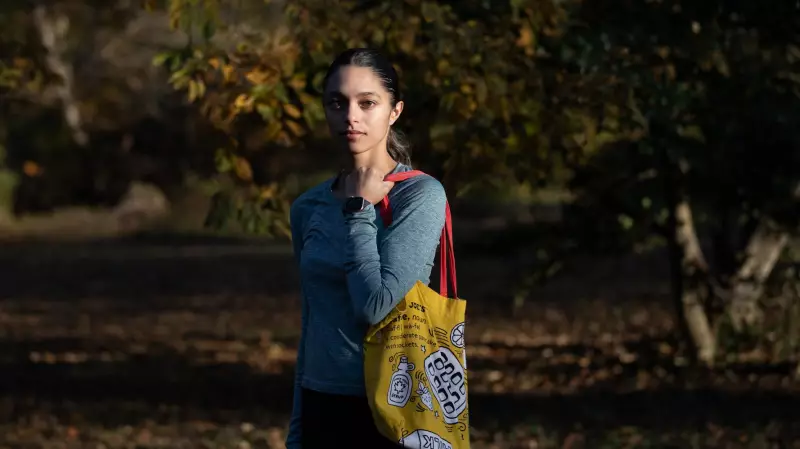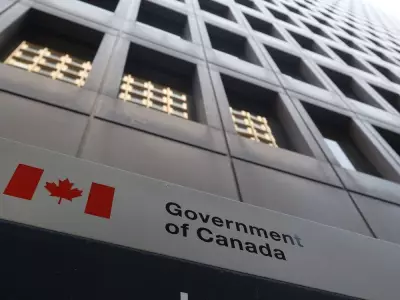
Summer Kerksick always believed her government job represented stability and career sustainability. The 24-year-old Silver Springs, Maryland resident had worked as a market research analyst for the Department of Commerce for four years, taking pride in assisting rural businesses with exporting their products.
"My uncle is a government employee, and I just saw how much pride that he took in his job. And I was like, 'I want a job that's like that,'" Kerksick recalled.
That sense of security shattered when the government shutdown began in October, forcing Kerksick into furlough status alongside approximately 750,000 other federal workers across the United States.
From Stability to Financial Uncertainty
Initially, Kerksick assumed the shutdown would last only about a week, so she used a week of paid time off. However, the shutdown has now become the longest in U.S. history, extending beyond one month with no resolution in sight.
Kerksick's financial situation has become increasingly precarious. She lives alone with monthly rent of $1,535, and her budgeting system depended heavily on receiving two paychecks each month. One paycheck covered housing costs while the other handled groceries, train tickets to work, medications, doctor's appointments, and her $230 car insurance.
"So to miss the one paycheck for discretionary spending, OK, that's fine, but to miss the second paycheck that covers the big bills, this is starting to become a bit problematic," she explained.
Her emergency savings could only cover approximately two months of rent, leaving her in a vulnerable position as the shutdown continues.
Turning to Food Banks for Survival
Kerksick has implemented multiple strategies to avoid depleting her emergency savings. She requested flexibility from her landlord regarding rent payments but received no response. She applied for unemployment benefits and registered with Mobilize Montgomery, a local initiative helping federal workers find temporary employment.
One of her most significant budgeting measures involves keeping weekly grocery spending under $55. This constraint led her to visit her first food bank in October, specifically a Capital Food Bank program designed for federal contractors and employees in the Washington, D.C. area.
"You see people volunteering at those all the time, and you don't think about it until you're in one yourself," Kerksick said, reflecting on her changed perspective.
She has visited the food bank twice, receiving shelf-stable pantry items and fresh produce that helped her extend meals. Her first visit yielded spaghetti sauce, black beans, pinto beans, brown rice, quick oats, and prepackaged chicken. During her second visit, she came prepared with her own bag and obtained fresh collard greens and tomatoes.
"I didn't feel any shame going there. I was just in shock about how many people were in line," Kerksick noted. "That just speaks to how grave this is getting."
The Emotional Toll of Financial Limbo
Kerksick experienced temporary relief at the end of October when she received her two most recent paychecks, describing it as "a huge relief" that covered November's rent. However, the uncertainty continues as she won't receive further paychecks until the shutdown concludes.
"However, from now until the shutdown ends I will not be getting paid since I'm not using PTO...It still makes me anxious that I won't be getting another check for a while," she confessed.
The furlough status creates a unique form of limbo, since Kerksick remains technically employed and could be recalled to work at any moment. This uncertainty restricts her ability to travel or make long-term plans.
To manage stress, she trains for a 5K race, crochets stuffed animals, and watches true crime documentaries.
Kerksick identified what she considers the biggest misconception about the shutdown's impact on workers like herself: "We do have savings, but that can only take you so far."
She encourages people to imagine how difficult it would be for their own families to miss two consecutive paychecks.
"You might look at the people in the food bank line and think, 'Oh, they're just accepting a handout when you don't know our situations at all,'" Kerksick said.
"At least have some empathy for us as just human beings that are trying to get by, despite politics or whatever you believe about the government," she pleaded. "At the end of the day, we're people that are missing our paychecks."





